Islamic Plastic Surgery
November 5, 2015 in Daily Bulletin

The Economist looked at the rise of plastic surgery in Iran and other countries:
- Nose jobs are particularly popular among women in the Iran – partly because the face is the one thing that’s visible when women wear the mandatory hijab.
- Banks in some other Islamic countries such as Lebanon offer loans so that people can get the surgeries done.
- The loans help fund what can be an expensive procedure. In Iran it can cost $2,500 to have a nose job done – in a country where GDP per capita is $5,000.
- But the surgery costs twice that in the United States. As Iran rejoins the international world order, increasing numbers of foreigners may start visiting the country for its plastic surgeons.
Read more here.
Source: The Economist








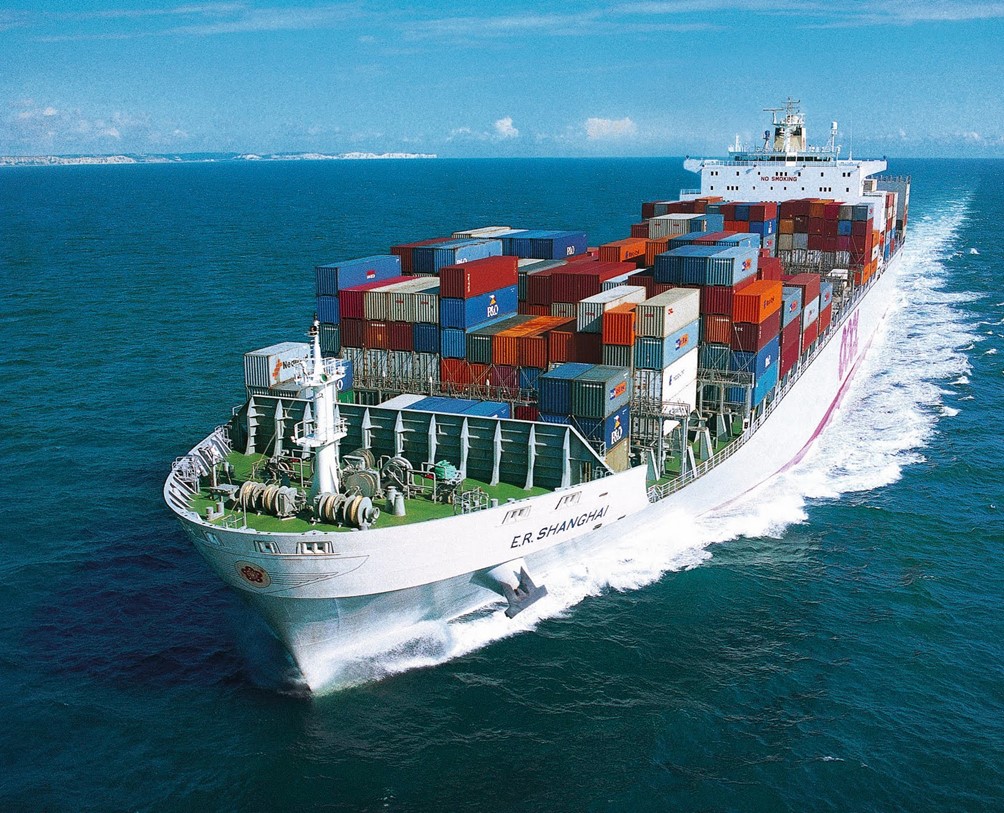
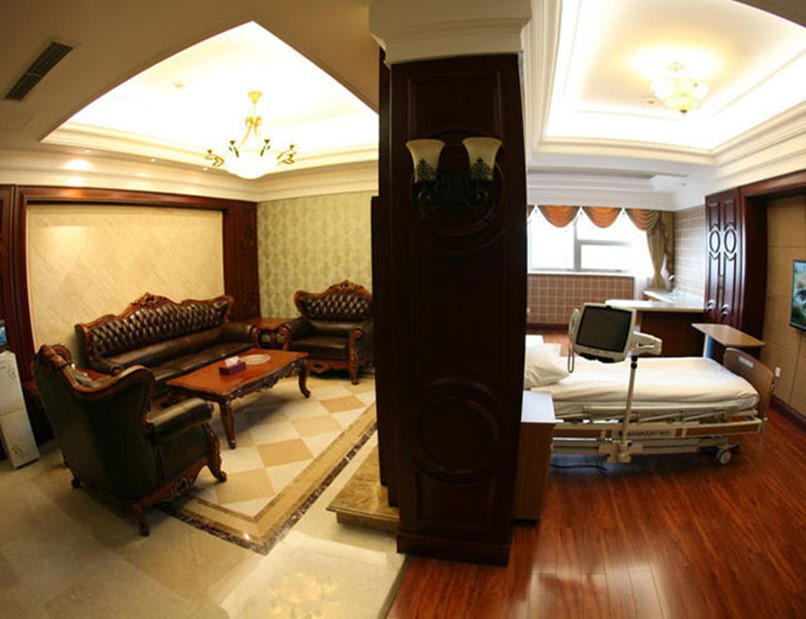
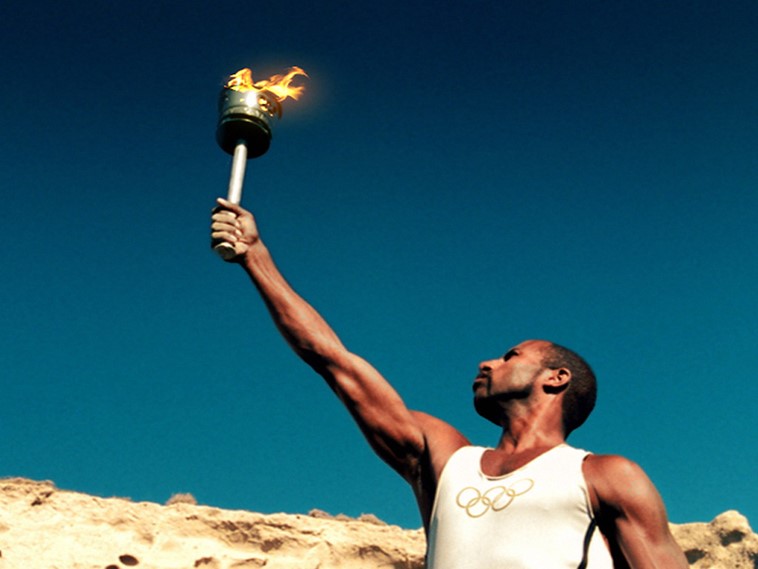
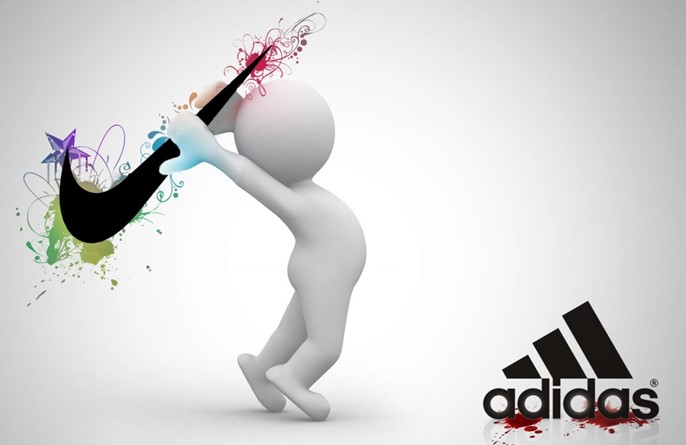


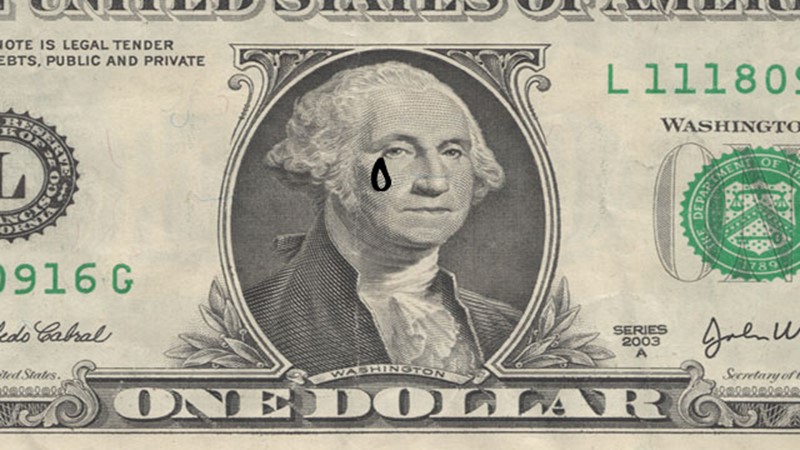


Join the Discussion! (No Signup Required)